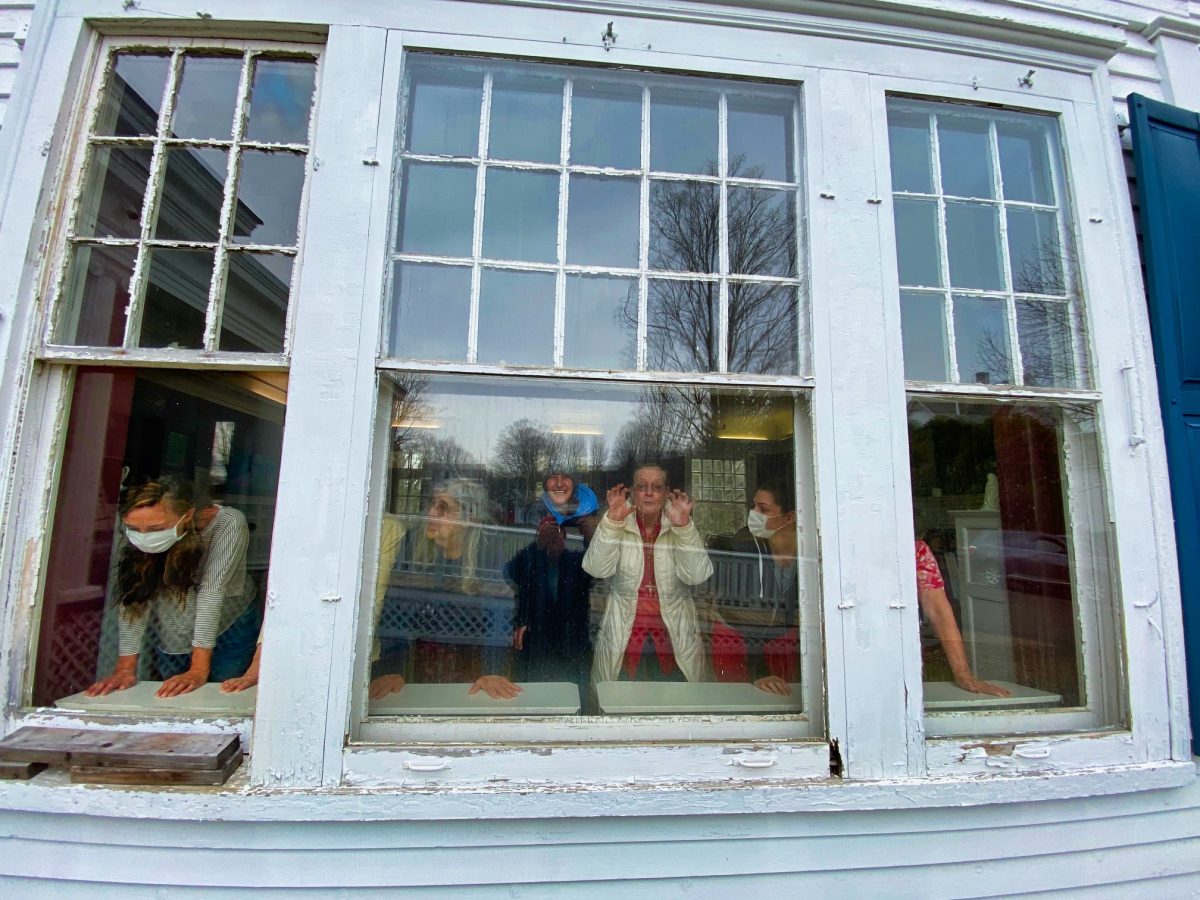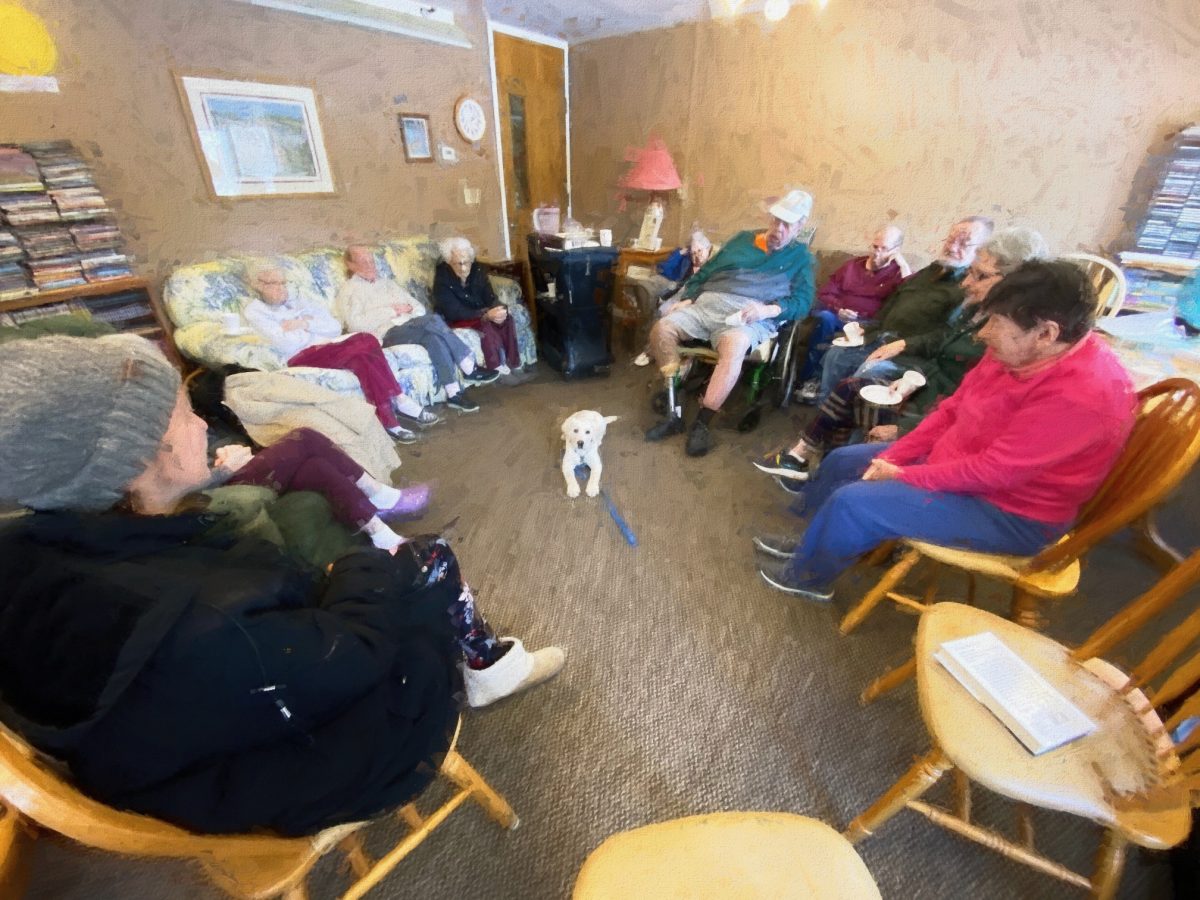The Mansion is asking for help in supporting their locked-in residents, who are not permitted to see their families, have visitors, go on walks or outings: we have a simple, four-item Amazon Mansion Wish List, a need for masks, a request for the Army Of Good to adopt individual residents and send them cards and letters.
The residents have been confined to the building for several weeks now, and their “quarantine” will last at least a month longer. This is very tough on them. They feel completely cut off from the world around them.
The four items on the wish list are for activities and art supplies: Satin ribbons for $9.98; Pom Poms for art and craft projects for $4.99; speakers for a desktop computer, $12.80, and an Ipad case for $17.99.
The other requests seek only your time and compassion. And that is worth everything.
At the Mansion’s request, we are re-activating our letter and card program. We’re asking that during the virus outbreak, and while the residents are confined to the Mansion, that we each adopt a resident.
You can send e-mails to ([email protected]), write letters or send pictures of your animals or any other subject that is bright and interesting. Please pick one resident. Mansion aides say this is one of the best things we can do for the residents now, they are lonely and stir-crazy and need to hear from the outside world.
The address is The Mansion, 11 S. Union Avenue, Cambridge, N.Y., 12816.
The resident names are Ellen, Matt, Gerry, Sylvie, Joanne, Madeline, Brother Peter, Helen, Georgianna, Georgiann, Barbara, Alanna, Linda, Nancy, Annette, Peggie, Becky, Jean, Bert (Roberta), Tim, Ben, John, Jim, Claudia, and Ruth.
In addition, we could use some help in getting surgical masks for the aides. I’ve found a supplier and ordered 200 masks but they won’t be coming for several weeks. If any of you know how to make masks, please help.
The Mansion is not a medical facility, there are no surgical procedures there, the masks are a guard against infection when people are cloistered – please feel free to make some and send them.
These are not “front line” doctors and nurses tending to patients in hospitals with the coronavirus. They are aides in an assisted care facility who wear the masks to help ward off different kinds of infection. They are asking for them, so I believe we should provide them if we can.
I’ve purchased enough to last a month or so, once they arrive.
The masks should be 100 percent cotton. For more information on making them, check the many how-to-videos on YouTube and thanks.
I’ll continue the special meals program starting today with cupcakes, pies, and muffins from Jean’s Place. Next week, Chinese food or pizza.
Thank you.





